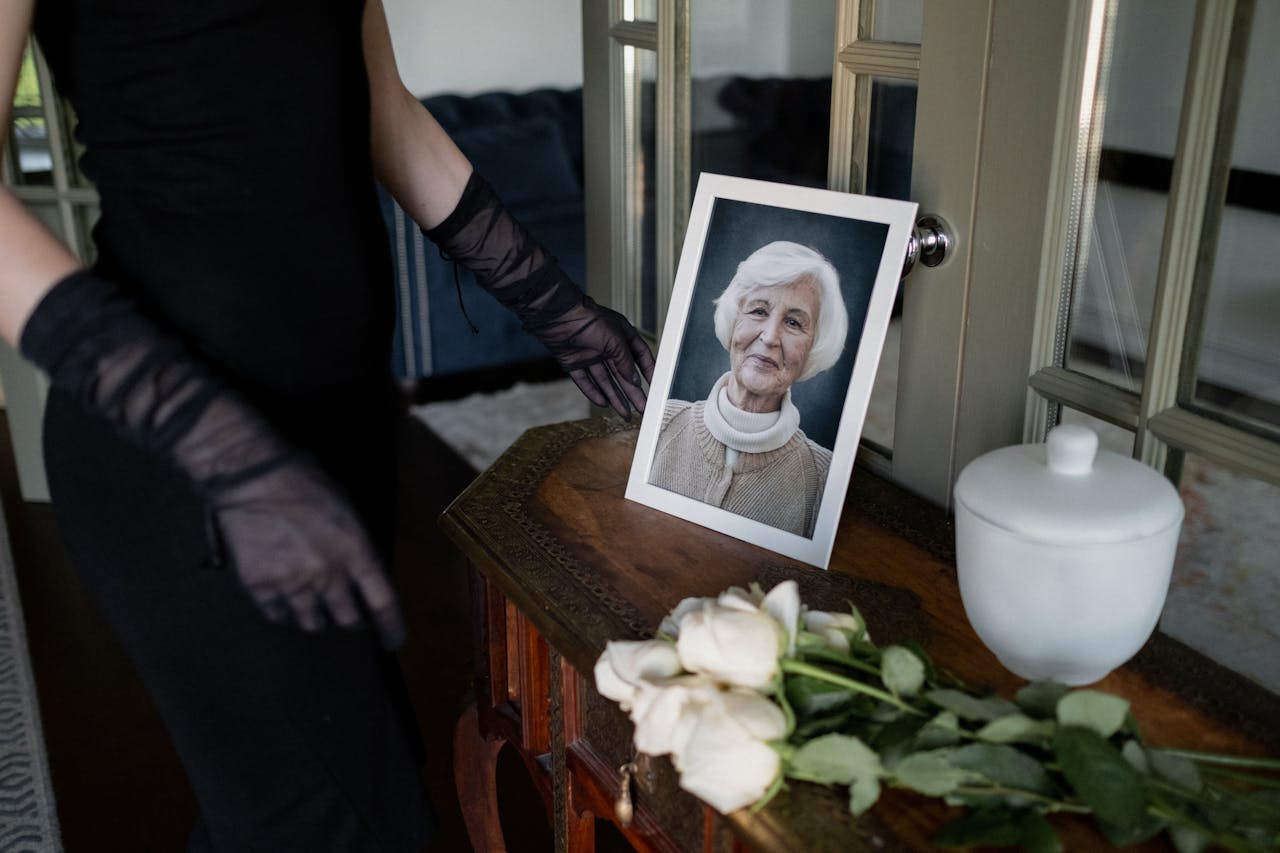Many cultures treat cremated ashes with caution, and not out of fear or superstition alone. Across spiritual traditions, household practices, and long-standing customs, keeping ashes inside the home is often seen as bad luck because it disrupts the role a home is meant to serve.
A house is for the living. Ashes represent an ending. That clash is at the center of why people have warned against keeping them indoors for centuries, and why opening an urn is considered even more problematic.
Why Ashes Are Considered Heavy in a Living Space
Cremated ashes are the final physical remains of a person. While most traditions agree that the soul has moved on, the remains are still treated as transitional rather than neutral.
They are linked to:
- grief and unfinished mourning
- closure that has not fully happened
- memory that stays fixed instead of moving forward
When ashes are kept in a home, they anchor attention and emotion backward. This is why many belief systems describe it as bad luck. The space meant for daily life, rest, and growth becomes tied to loss instead.
Over time, this can affect how a home feels and functions. People often report a lingering heaviness, stagnation, or emotional flatness, even if they don’t consciously connect it to the ashes.
Why Keeping Ashes at Home Is Seen as Bad Luck
The idea of bad luck here isn’t about curses or spirits. It’s about imbalance.
A home works best when it supports movement, change, and continuity. Ashes represent a final state. When they remain in the house, they symbolically stop that movement.
Across traditions, bad luck is associated with:
- stalled progress
- unresolved endings
- emotional weight that doesn’t lift
This is why ashes are traditionally placed in cemeteries, temples, memorial sites, or returned to nature. Those places exist specifically to hold remembrance without interfering with daily life.
Hindu Perspective on Ashes in the Home
In Hindu tradition, cremation is followed by immersion of ashes in flowing water, often a sacred river. This act is meant to release the soul from earthly attachment and complete the transition.
Keeping ashes in the house is considered inauspicious because it interrupts that release. The remains are seen as something that must move on, not stay among the living.
From this view, holding onto ashes is believed to delay closure, both spiritually and emotionally. That delay is what brings misfortune, not the ashes themselves.

Feng Shui Perspective on Ashes Indoors
Feng shui strongly advises against keeping ashes inside the home. The reason is practical within that system.
Homes are designed to circulate qi, the energy associated with vitality and movement. Ashes are associated with stillness and finality. When they remain indoors, they introduce an excess of yin energy.
Too much yin in a living space is linked to:
- low motivation
- emotional heaviness
- blocked progress
- a sense of stagnation
Even people who don’t actively practice feng shui often notice that an urn in a home doesn’t feel neutral. It changes the emotional tone of the space.
Why Opening an Urn Is Considered Worse
Opening an urn crosses a boundary that many cultures treat as final. Ashes are meant to remain sealed until they are laid to rest or released. Opening them is traditionally seen as disturbing something that should stay contained. This is where many bad luck beliefs come from.
People associate opening ashes with:
- unsettling grief that hasn’t settled
- emotional disruption in the household
- increased tension or unease
Superstitions About Ashes and Misfortune
Many old beliefs warn that opening ashes or keeping them inside invites trouble. These stories often mention arguments, ongoing sadness, or a sense that things stop flowing smoothly.
While these are labeled as superstitions, they likely survived because people noticed patterns. Homes with ashes often became places where grief lingered longer than necessary. Bad luck, in this context, means life feels harder than it should.

Respectful Ways to Honor Without Keeping Ashes at Home
Honoring someone does not require keeping their remains in your living space. You can:
- visit a cemetery or memorial site
- keep photos or personal items
- create a remembrance space that does not include remains
- return ashes to nature or a designated resting place
These options allow memory without burdening the home.
Ashes Don’t Belong in a Living Space
Ashes are transitional. They belong to rituals of closure, not to everyday living.
Keeping them inside the home keeps that transition open. Opening them intensifies it. Both actions keep attention fixed on what has ended instead of what continues.
That’s why so many traditions advise against it.
Some things deserve respect. Others deserve release. Ashes fall into the second category.












